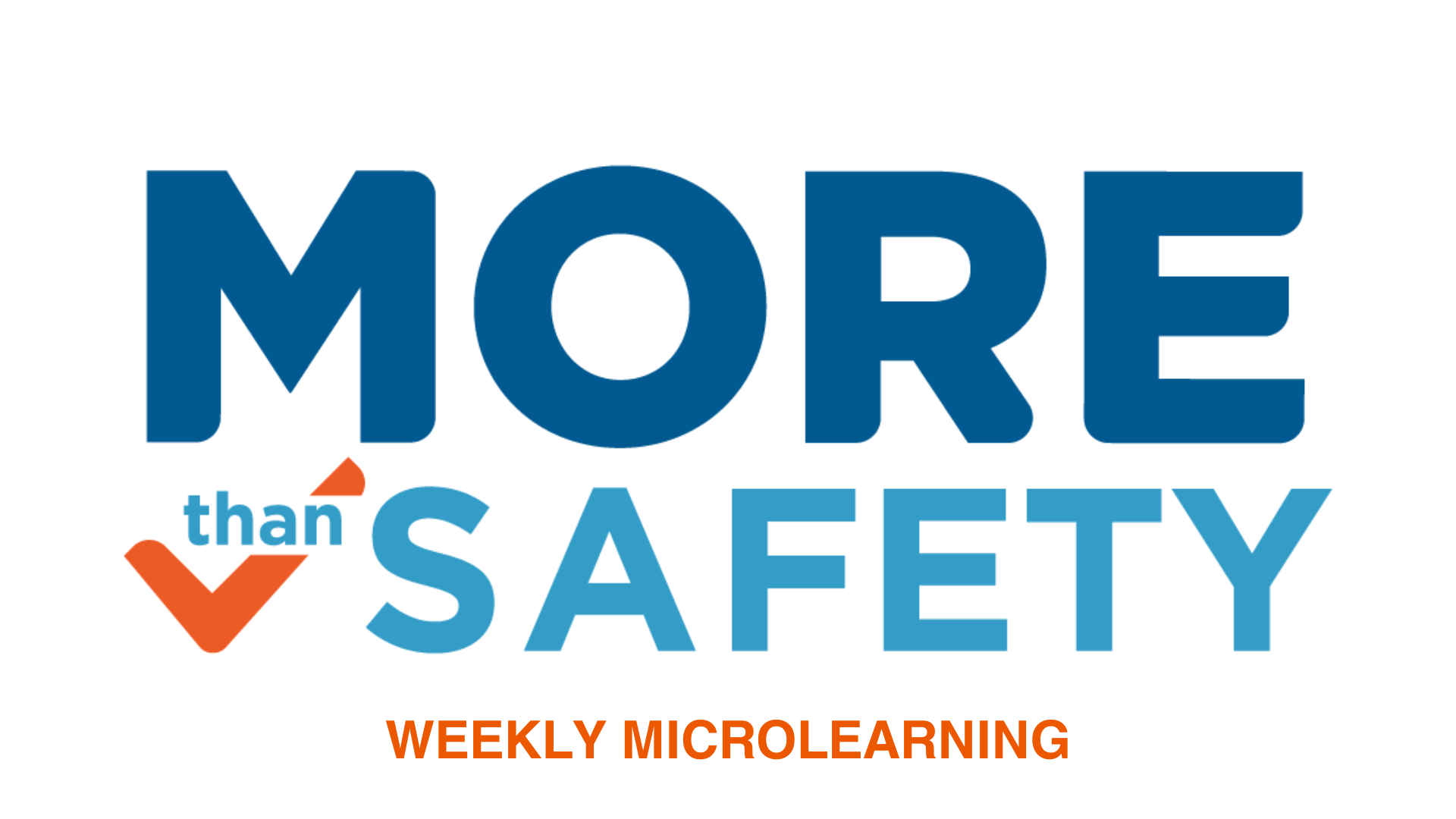The importance of asking directly about suicide

Asking directly about suicide can be hard for even the most experienced helper or clinician. Such deeply personal questions can feel intrusive, and we might worry that the person will feel insulted.
At the same time, the answer itself can be scary. It can feel overwhelming to know that someone is considering suicide, but finding out is an essential first step toward helping them stay safe and feel better.
When you are concerned that someone may be having thoughts of suicide, it is critical to ask directly. Avoid phrases like “harm yourself” or “hurt yourself.” Instead, say “take your own life” or “die by suicide.”
Remember, asking someone about their thoughts of suicide will not put the idea in their head.
Just as it is important to ask someone directly about suicide, using appropriate language when asking is imperative. Avoid using the word “commit” in relation to suicide.
For example, you could say:
“You’ve shared that a lot is going on that is making you feel defeated and trapped. That can feel overwhelming for anyone. Have you had any thoughts of ending your life?”
“Sometimes, when we’re feeling this down and like a burden, our brain can play tricks on us. Have you ever felt that way? That the world would be better off without you and you need to take your life?”
Even if the person is not considering suicide, asking in a caring and empathetic way will show them you are a trusted person they can confide in for support if needed in the future.
Note: This is one of the More than Safety Newsletters that are shared weekly. SafeSide members in our Community of Practice have access to the full library of newsletters and resources.
